- News
LaterMost ReadDistinctiveRohingya News Agency: Myanmar: Tens of thousands of Rohingya people - who remain deprived of a nationality - displaced by “clearance operations” amid reports of unlawful killings, indiscriminate firing on civilians, ...
- Issues
Most ReadDistinctive
- Books
- Documents
LaterMost Read
- Figures
- Entries
Most ReadDistinctiveShwe Maung, Former Myanmar MP November 15, 2016 Myanmar Security Forces are enjoying to kill Rohingyas including children, rape women and torching and destruction Rohingya houses and villages after the " October ...
- Arakan
Govt Angrily Denies Reports of ‘Rohingya Genocide’
Sunday | 09/12/2012 - 08:21 AM
RANGOON—The Burmese government has lashed out at Qatar-based news broadcaster Al Jazeera over an upcoming documentary that warns of Rohingya genocide, saying on Friday that the report was “exaggerating and fabricating” incidents.
The denouncement comes amid ongoing calls on Burma to better support UN relief operations in Arakan State, which has been wracked by inter-communal violence between ethnic Arakanese Buddhists and Rohingya Muslims.
A Dec. 3 post by Al Jazeera’s press office announced the station will broadcast “The Hidden Genocide” from Dec. 9 to 12. It quotes Prof William Schabas, former president of the International Association of Genocide Scholars, as saying there are “warning signs” of Rohingya genocide in Arakan State.
In the report Rohingya testify of “systematic torture, ethnic cleansing and execution-style killings […] at times carried out with the support and participation of the Myanmar military, state security forces and local government officials,” according to Al Jazeera.
In a strongly worded statement, the Foreign Affairs Ministry denounced the report, saying the government “strongly opposes and rejects the attempt made by Al Jazeera to broadcast the documentary by exaggerating and fabricating the incidents in Rakhine [Arakan] State.”
The government “has been handling this matter with full transparency when the violence between Bengalis and the ethnic Rakhine [Arakanese] people broke out,” the ministry said. It pointedly refused to use the term Rohingya, as the government does not recognize the group as an ethnic minority and refuses to grant them citizenship, saying that most are Bengali immigrants.
It said the government has been cooperating with international NGOs, the UN, Muslim countries such as Turkey and Indonesia and the Organization of the Islamic Cooperation (OIC), to resolve communal tension and provide relief for victims of the Arakan violence. The OIC has previously also voiced concern over the threat of Rohingya genocide.
Aye Maung, a parliamentarian from the Rakhine Nationalities Development Party, also denied the accusations. “Saying that the problems in Rakhine [Arakan] State are genocide is very far from reality,” he said. “The media should report these issues more carefully.”
“We clearly understand and respect human rights,” he added.
Inter-communal violence has flared up three times throughout Arakan State since June and according to the UN, about 115,000 people—mostly Rohingya—have been displaced, while bloody clashes have killed at least 89 people.
By some estimates Rohingyas number about 800,000 people and form a minority in Buddhist-dominated Arakan State and Burma. International human rights activists have strongly criticized the government for its role in the Arakan violence, but none have leveled charges of genocide.
Human Rights Watch said in November that Rohingya “faced decades of state-sponsored discrimination and abuses,” and that recent attacks on the groups “at times were carried out with support of state security forces and local government officials.”
The UN has said the group is “friendless” in the country and a UN General Assembly committee last month called on the government to improve their plight.
United Nation’s Secretary-General for Humanitarian Affairs Valerie Amos visited Arakan and Kachin states in recent days to inspect the situation of displaced groups and she met with President Thein Sein on Friday.
She urged the government, and in particular local Arakan leaders, to do more to support UN relief operations for displaced groups in the state, most of whom are Rohingya. Aid workers have complained of hostility by local Buddhist communities towards their relief work.
Amos was asked about the accusations of Rohingya genocide, but she cautioned against using the term. “I don’t think it is responsible to use language like that without having evidence,” she said at a press conference on Friday. “It is a complex situation. I think that is important that you don’t make rush comments … First look at the facts, if there’s allegation, that needs to investigated.”
“For me, it is [only] clear there has been inter-communal violence that has had a major impact on both communities,” Amos said.
She said the situation at some of camps in Arakan was dire, while tensions between local groups remained high. Amos urged the government to play a strong role in reconciling the groups and support the UN relief effort, adding that she had discussed these issues with President Thein Sein.
She made no mention, however, of any assurances by the government that it would take steps to improve UN access to camps of displaced villagers in Arakan State.
التعليـــقات
Comments published does not reflect the opinion of the agency, but reflect the opinion of their owners

New Agency
Articles
Books
Mailing List
Search











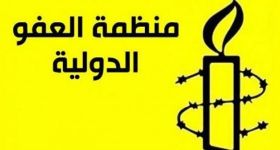





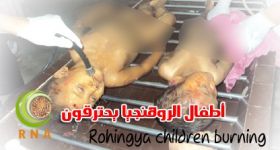





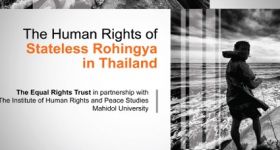








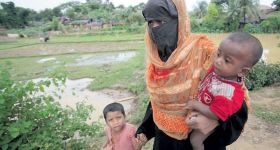









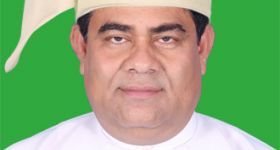
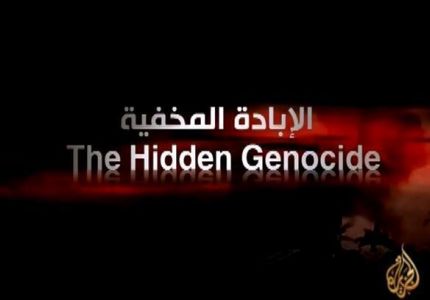

 Myanmar govt, Suu Kyi party tussle over handover ceremony
Myanmar govt, Suu Kyi party tussle over handover ceremony








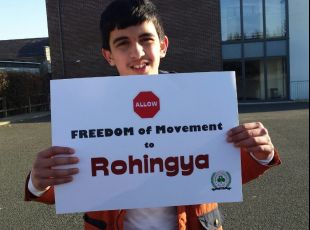
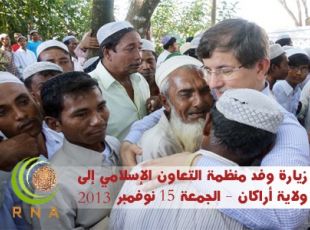
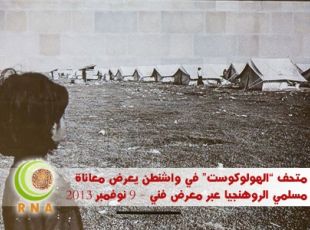





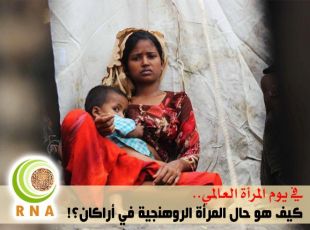


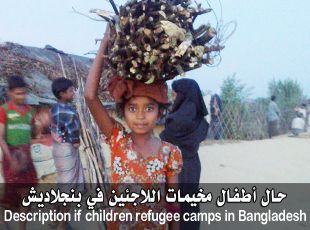














 Report: The Human Rights of Stateless Rohingya in Thailand
Report: The Human Rights of Stateless Rohingya in Thailand

